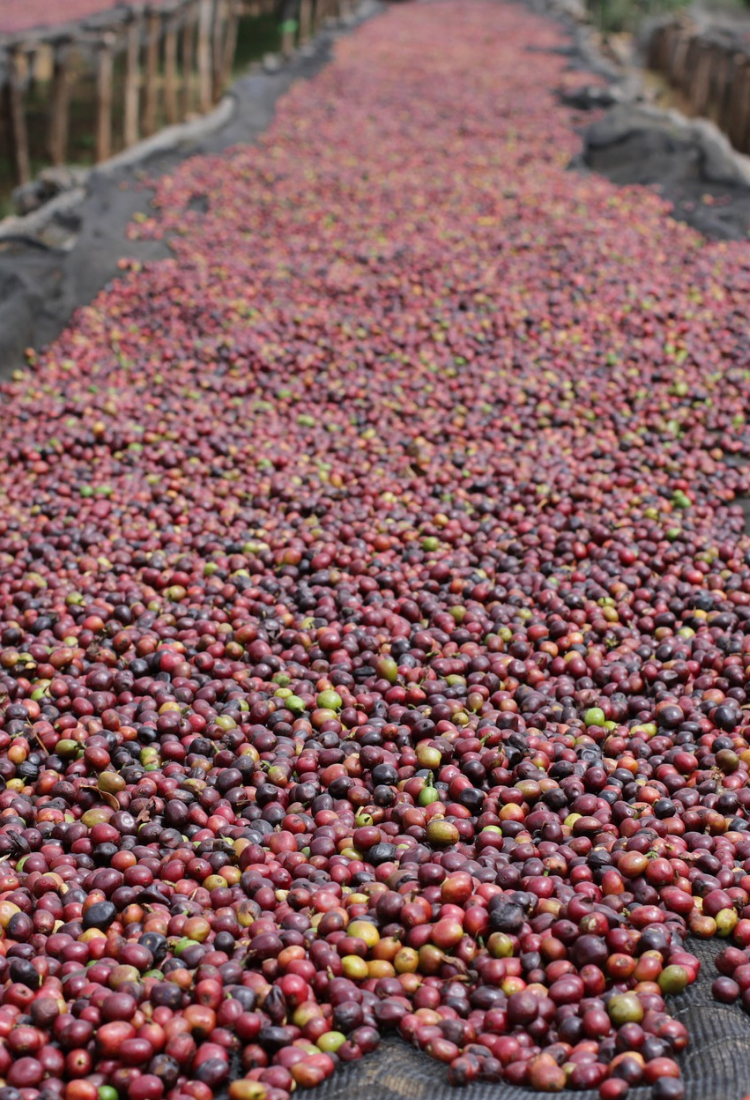FINCA DEBORAH
Finca Deborah is shrouded in rainforest cloud coverage for much of the year. The plantation is a beautiful, natural environment where rare species of plants and animals are abundant, left undisturbed under the canopy. No gas powered machines, harsh chemical pesticides or herbicides are used during the cultivation of the farm. Natural, organic fertilizers are used in combination with organic weed control to maintain a balance between the coffee trees and unwanted undergrowth.
Because of Finca Deborah’s lofty altitude, diseases are naturally kept to a minimum. Temperature alone makes for an inhospitable place for fungal issues and other unwanted diseases. This allows the coffee trees to focus on producing beautiful fruit instead of wasting valuable energy defending themselves from disease. Insect concerns are also minimized due to the elevation. These positive benefits are felt administratively as well and translate into lower costs and reduced production volatility.

The extreme elevation and reduced temperature slows the metabolism of the trees. These cold temperatures, reaching 10 C, permit the trees to push more sugars into the cherries during production. Additionally, Deborah has ideal rainfall averaging 2200 mm per year. Combined, these two important variables contribute greatly to Deborah’s intensely sweet and complex cup profile. It is an extraordinary environment for growing any variety of coffee, but here one of the world’s most complicated varieties of coffee, Geisha, not only grows successfully but also thrives.

VOLCAN-BOQUETE
The Panamanian coffee industry is centered in the Chiriquí province of Panama’s northern highlands and is concentrated in the areas of Boquete, Volcán, and Renacimiento. Also called the Valley of Flowers and Eternal Spring, these areas are perched on the sides of the Baru Volcano and overlook the beautiful Caldera River. It is in these idyllic locales that the truly distinct and unique coffees are produced. The highlands are blessed with volcanic enriched soil, abundant moisture, regular rainfall, dense vegetation, and cloud cover to nourish the coffee trees, which in turn produce high grade beans with rich flavor. The many different microclimates also assist in producing coffee beans with a great variety of taste characteristics.









